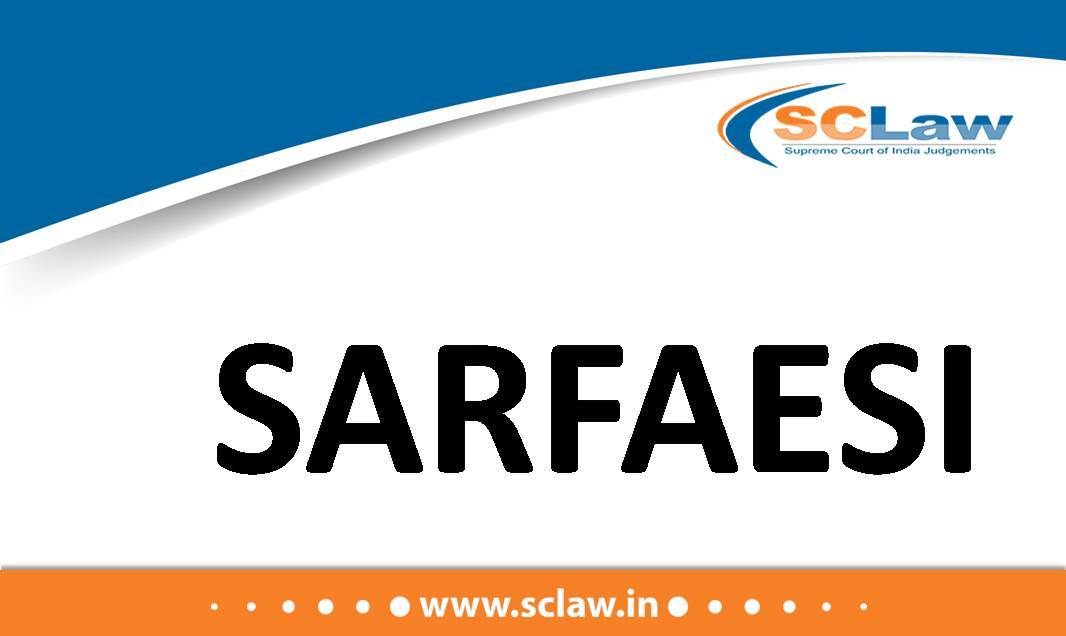Appeal under Section 17 of SARFAESI Act – Limitation – Reason for providing a time limit of 45 days for filing an application under Section 17 can easily be inferred from the purpose and object of the enactment – SARFAESI Act is enacted for quick enforcement of the security.
SUPREME COURT OF INDIA DIVISON BENCH BANK OF BARODA AND ANOTHER — Appellant Vs. M/S PARASAADILAL TURSIRAM SHEETGRAH PVT. LTD. AND OTHERS — Respondent ( Before : B.R. Gavai and…

